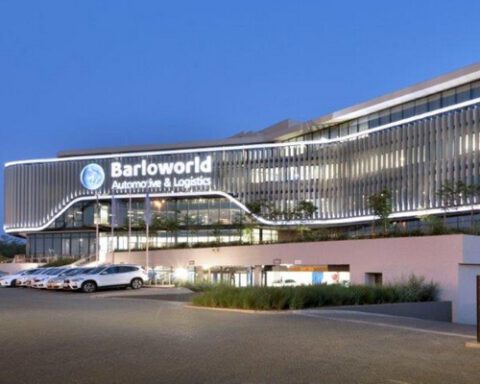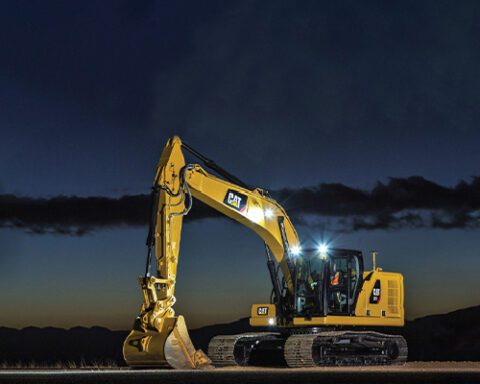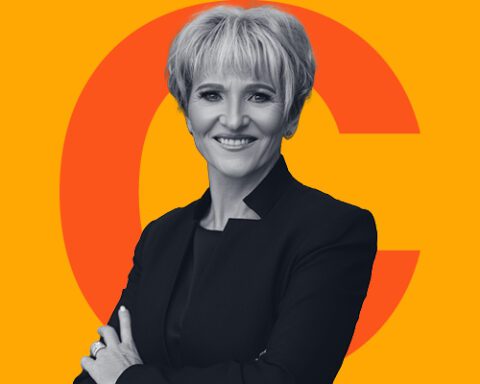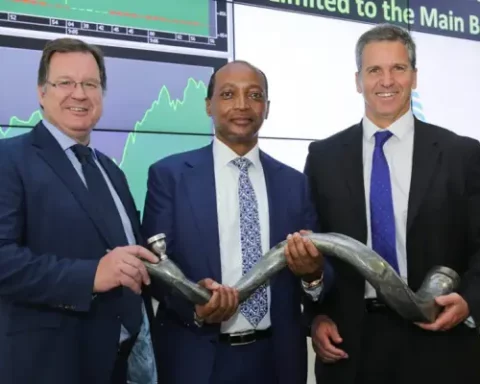In the best of times finalising a merger can be an extremely complex and long-drawn-out process. Think of all the regulatory approvals that need to be secured, often from regulators in several countries. Remember the AB InBev takeover of SABMiller? Or before that Walmart’s takeover of Massmart? More recent was Heineken’s acquisition of Distell. Then there’s the Canal+ deal with MultiChoice that has disappeared into regulatory purgatory.
Each of these deals (the Canal+ deal is penned for completion later this year) has taken over a year, in some cases years, from initial announcement to completion. In all that time the shareholders have been left hanging – they’ve accepted the offer but are never sure if the deal will be signed off, until it finally is.
Well, these, as you may have noticed, are not the best of times. And over at Barloworld most shareholders will by now have prepared themselves for a long wait with little hope of seeing the R120 a share they’ve been offered much before year-end. Selling in the market, with the share currently trading at R107, must be looking enticing.
In addition to a raft of regulators, here and in neighbouring African states, Barloworld shareholders have to hope that current economic conditions don’t deteriorate so much that earnings before interest, tax, depreciation and amortisation don’t shrink by more than 15%. There are also conditions relating to any possible investigations into potential violations of trade controls or violations of sanctions.
But it seems, contrary to Currency’s earlier interpretation of the circular, shareholders will be sheltered from most of the mayhem that is currently unfolding in the global economy. Remarkably, Newco has drawn up a long list of material adverse changes that it says will not impact the offer.
This means Newco is accepting for its own account a range of potential material adverse changes including “changes in the stock markets, interest rates, currency exchange rates, commodity prices or other economic conditions” and “changes in the conditions generally affecting companies which carry on similar businesses to any member of the Barloworld Group”.
Barloworld shareholders are also protected from “political instability, terrorism, armed hostilities, war, sabotage or insurrection or any escalation or worsening of any of the aforesaid events”. And just in case any of us had forgotten Covid, shareholders are warned about “any epidemic, pandemic or disease outbreak or any escalation or worsening of any epidemic, pandemic or disease outbreak”. And for good measure, any acts of God or natural disasters.
An ambitious deadline
But the Newco consortium, led by Saudi Arabia-based Zahid Group and Barloworld CEO Dominic Sewela, has lobbed on a major hurdle for the group’s shareholders. It has reserved the right to walk away from the deal unless at least 90% of the affected shareholders (those not involved in Newco) accept its offer.
Given that UK-based Silchester International Investors, which holds 17.8% of Barloworld, has emphatically stated it will not accept anything less than R130 a share, and given that Newco has equally emphatically said it will not increase the offer price, it seems inevitable that the 90% condition will be waived.
But we’ll only know for sure on May 9. If the 90% acceptance level is not met by that date Newco has to decide whether to waive the condition or walk away from the deal. That gives the consortium just six weeks to determine whether the volatile global economic trading conditions justify proceeding with the transaction.
If the deal does go ahead, then Newco faces a September 11 deadline for the fulfilment of all the conditions precedent. The offer will be open for 10 days after that.
Given the competition authorities’ track record, the September 11 deadline seems remarkably ambitious. Which is why there’s provision for a three-month extension “if any regulatory approval has not been obtained by September 11”. But only one three-month extension is allowed.
All of this is very well laid out in the latest notice to shareholders, which contains a list of frequently asked questions and comes complete with an explanatory video. It’s an extremely useful guide to how the next six – or nine? – months might pan out. The video ends with a firm reminder: “You should note this R120 cash is the final offer by Newco. This price will not be increased,” says the presenter rather sternly, as if addressing a bunch of unruly school children.
What she fails to point out is that, in effect, every six months the price will be decreased by the amount of the dividend, which Newco says will be deducted from the R120. And let’s not forget about the time value of money.
Mind you given the turmoil in global markets and economy it could be that the R120 looks like a very good deal for shareholders.
But all in all, for those who do want to accept the offer, there seems no good reason to tender shares until a few days after September 12. Or, if there’s a three-month extension, until a few days after December 12.
Newco will do well to wrap it up even by December 12. Mind you, shareholders are likely to be less patient than they’re usually forced to be given that Sewela remains in the driving seat of both the company and the transaction.
The original version of this story misinterpreted a critical clause in the Barloworld shareholder circular. Though finalisation of the deal is dependent on a number of conditions, it is not dependent on a large number of “material adverse conditions” referred to in the circular.
Currency apologises for the error.
Sign up to Currency’s weekly newsletters to receive your own bulletin of weekday news and weekend treats. Register here.










